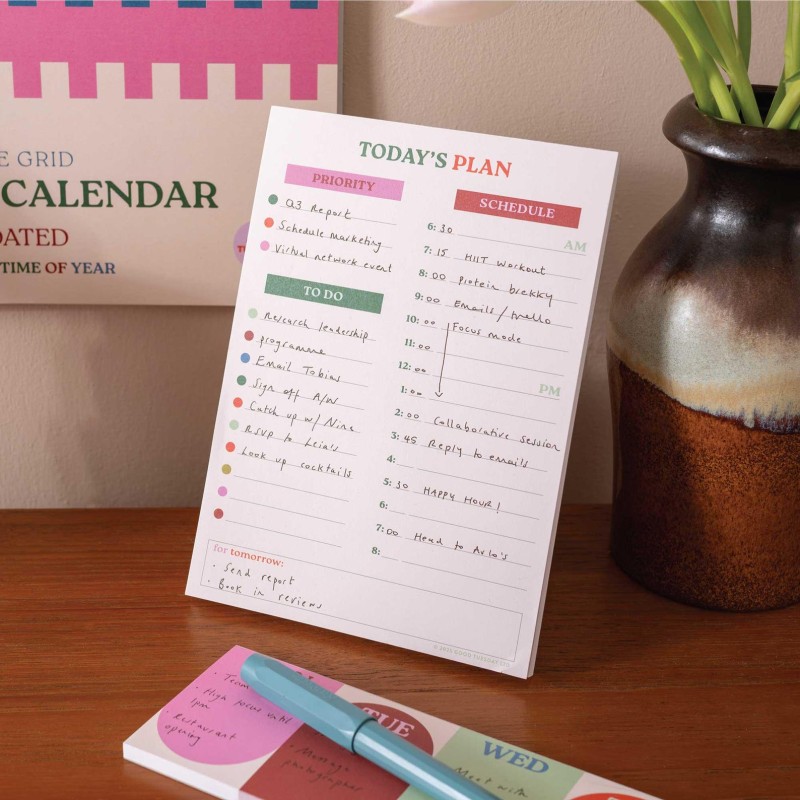The Importance of Setting Realistic Goals

A clear plan is like a map, and helps you to know where you are going, to help you reach your goals. Just imagine if everyone and everything stayed the same (for a start, there would be no butterflies). If we think about all the problems in England and across the world, often it’s due to being ‘stick-in-the-mud’ people who won’t change. Think about it:
- Presidents that still hark back to previous ‘golden eras’
- Those who don’t want to make changes, to stop climate change.
- People who won’t try different foods, due to ‘tradition’
- People who vote like their parents, no matter what policies
- People who stay stuck in unhappy relationships
- People who play the victim, for past troubles
- People who won’t move on from fearsome religions
If we want to see positive change in the world, it’s totally necessary to embrace some forms of new beginnings. That does not mean giving up your values or heritage.
But it does mean letting go of values and beliefs that no longer serve you (either due to being what someone else told you to believe, or because they self-sabotage your happiness and mental health).
Small Steps Make Progress Possible
Think about learning to ride a bike. No one jumps on and pedals down a hill on day one. Instead, you start with a few wobbly pushes, sometimes with someone holding your seat.
Realistic goals work the same way. Aim to walk a mile a day, before planning a marathon. Cook one new meal a week, instead of becoming a skilled chef in a week. Focus on reading one book a month, if you have busy schedule.
Consider these examples:
If you wish to run each morning, try running for one or two days a week at first, until you build up your fitness, and make exercise part of your daily routine.
If you want to save £5000 this year but you have a small monthly income, try to save a smaller amount, and gradually it will become that amount, whether you find a better-paid job, or it takes a little longer.
If you expect to change your life overnight, you’ll probably feel let down. A realistic goal gives you enough time to succeed but isn’t so far away that you lose interest.
Benefits of Setting Realistic Goals

It’s easy to lose interest if your goals are so big that results feel far away. Realistic goals break the journey into short stops along the way, which makes it easier to stay on track. Each time you hit a small target, you get a little boost that pushes you onward.
Ways to keep your motivation up:
- Celebrate every little step forward, not just the end result
- Keep a written list or notebook to track your progress
- Give yourself small rewards when you reach each checkpoint
For example, if your goal is to save £20 a week, you’ll watch your savings grow over time. That’s far less daunting than waiting for a year to check if you’ve somehow reached a much bigger total. You stay focused because each move forward feels real.
Here’s what steady progress might look like in everyday life:
If you walk 5000 steps a day, that’s over 140,000 steps a month.
If you save £20 a week, that’s £80 saved in a month: and that’s almost £1000 saved in a year.
If you don’t have time to cook a meal each night, do it for 3 nights a week. Then that’s 12 healthy home-cooked meals you’ve managed in a month. Well done, you!
Keep Track of Your Progress

Writing down your progress helps you see what you’ve done and what’s next. It stops the goal from feeling like a vague idea floating in your head. Tracking can be as simple as a checklist, a journal, or an app where you mark your steps.
Here’s an easy way to do it:
- List your small steps in order
- Tick them off as you do them
- Note any challenges or how you felt afterwards
When you see a list filling up with ticks, it’s like proof you’re moving forward. This makes it easier to keep going, even on tough days.
Track Your Wins, Learn from Setbacks
Making a plan helps to keep you on course. Instead of making endless ‘to-do lists’ that never get finished, make a weekly plan, and then have a weekly review on Sunday evenings.
Fall down seven times. Stand up eight. Japanese proverb





